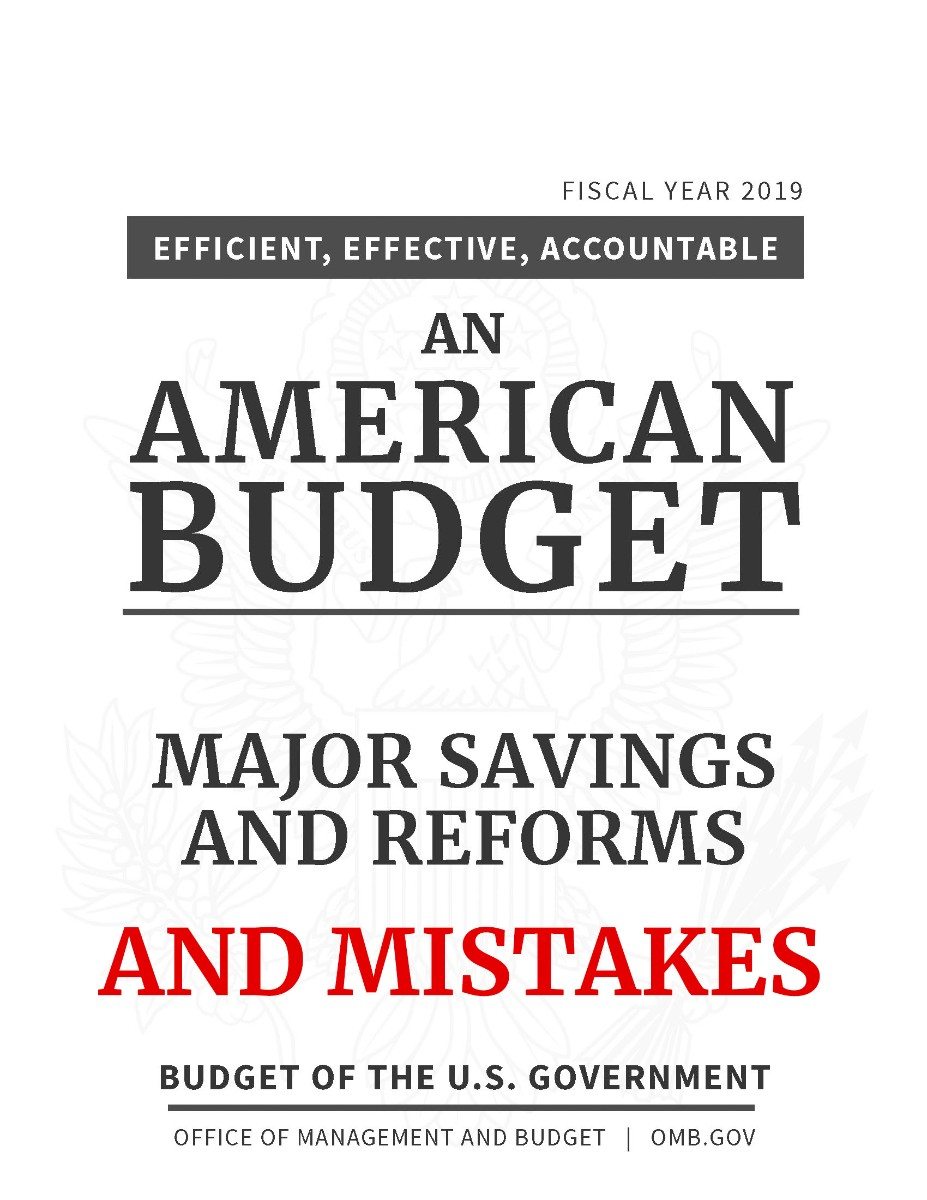
Reductions to Exchanges in the FY2019 Budget are Shortsighted
The major savings and reforms document in the president’s budget proposes a severe reduction in U.S. Government funding for educational and cultural exchanges. The President’s request proposes a reduction from the enacted funding of $619 million in FY2017 to a paltry $159 million for FY2019. This is a massive and unfounded reduction. While efficiency is certainly a desirable trait for any government spending, this is an absurd standard not upheld across the entirety of government. To put things in perspective, the Defense Logistics Agency (just one portion of the Department of Defense), couldn’t even account for $800 million in spending in FY2016 alone. Clearly, there are other areas worthy of more scrutiny.
The justification in these reductions is not based in reality, and doesn’t account for the strategic interest of U.S. government sponsored programming. That is, exchange programs are long-term instruments of American influence abroad. By reducing its programming by such a large percentage, the U.S. is surrendering its ability to make friends abroad in favor of—just what exactly?
The reasoning presented by the White House is flawed. The budget savings document suggests:
“Having so many different exchange programs dilutes their overall impact and presents challenges to effective program management.”
This is nonsense. These programs are often tailored to reach specific audiences with which the U.S. would not otherwise have an opportunity to interact. By narrowing the types of exchanges, we narrow the available audience and reduce the potential influence we can exert overseas. As exchange programs are already only able to reach a small portion of the world’s population directly, efforts to reach diverse segments of that population help paint a bigger picture of the world at large than just focusing on one criterion of eligibility. Cultural exchanges reach audiences that educational or business exchanges might not otherwise include—and access to different parts of society overseas expands the pool of knowledge and influence America has abroad.
The White House also contended:
“While these programs were launched to support international travel when the vast majority of families and countries could not afford to send students and young leaders abroad, this is simply no longer the case.”
This makes assumptions about the personal budgets of foreign families. Just as not every person in the U.S. has a budget to travel overseas, neither do all people in other countries. Just as families in the U.S. make important decisions about what they can or can’t afford, foreign families make choices about where their hard-earned money is needed most. Exchange programs encourage interactions between Americans and foreign populations in ways they might not otherwise be affordable. Furthermore, if we are only targeting those that have the money to afford exchanges, we are missing important parts of both our own and foreign societies.
Adding to its misunderstanding of exchange programs, the White House continued:
“As a general matter, many professionals travel during U.S. funded exchange programs from highly industrialized economies in Western Europe and parts of Asia that should fund their own participant’s travel costs.”
This assumes that these exchange participants would be making the trip without U.S. assistance. Though cost sharing is desirable, it’s not the reason for conducting exchange programs in the first place. A country’s refusal or inability to foot the bill doesn’t mean it’s unimportant for the U.S. to build relationships in that country. We make these exchanges because they specifically have value to us, not just to the other country.
The U.S. has traditionally made a choice to invest in exchange programs because closing the “last three feet” between the citizenry of our countries creates mutual understanding. This is especially important today, as people have been closing themselves off to differing opinions by seeking self-reinforcing communities on the internet. It is perhaps more important than ever to meet people in person and build relationships that extend beyond rhetoric online. These personal relationships are incredibly valuable for national security and our understanding of the world in which we live. They provide the networks by which we exert our government’s interests, and help us contextualize the world in which we must make critical decisions for our security and prosperity.
Foreign populations’ perceptions of America should not be defined solely by fortified embassies, corporations that want their money, and what they see and hear on the TV and radio. America is about so much more than that—or at least it should be. Our exchange programs are the wedges which allow our country to enter conversations. If we abandon our exchange programs, we may lose access to generations of friends and partners around the world.






